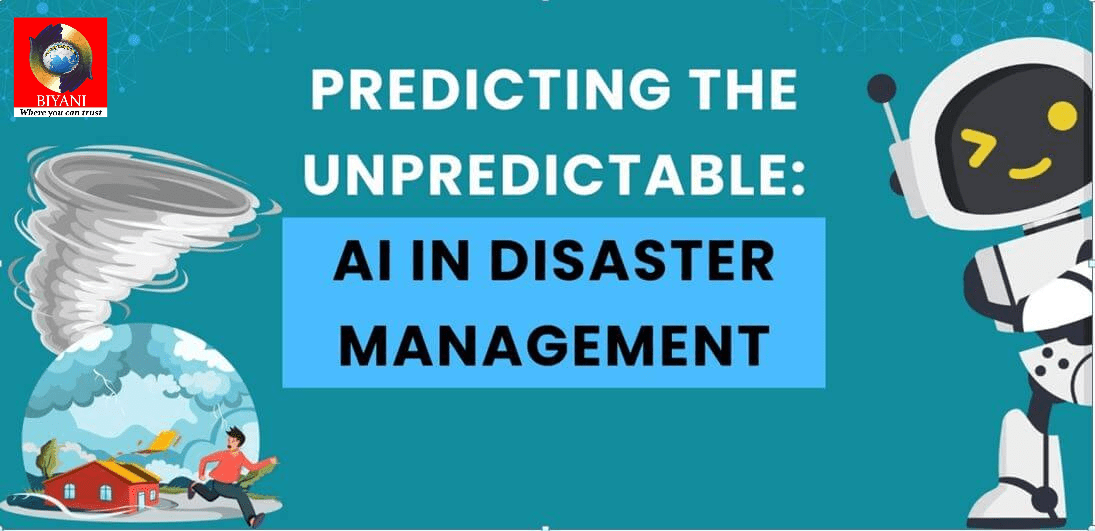In this, you will observe how cloud-based AI is revolutionizing digital marketing campaigns and the future of customer interaction. From delivering content to predictive analysis, machine learning is making marketers capable of unlocking the highest potential of digital campaigns.
The Emergence of Cloud-Based AI in Marketing
Cloud computing is the backbone of today’s technology. Cloud computing enables companies to store massive data, use computer resources, and execute software applications on the internet. When integrated with AI and ML technology, cloud computing offers marketers flexibility, scalability, and the capacity to execute sophisticated algorithms without having to initially invest in costly on-premise infrastructure.
Cloud AI platforms like Amazon Web Services (AWS), Microsoft Azure, and Google Cloud provide businesses with access to a range of tools that apply machine learning to analyze customer behavior, segment customers, and enhance marketing campaigns. Cloud infrastructure provides marketers with access to AI-facilitated tools and information in an attempt to utilize machine learning for marketing without having thorough knowledge of technical specifications.
Personalizing Customer Experiences with Machine Learning
Maybe the most important manner in which cloud AI is revolutionizing marketing is personalization. Personalization is increasingly becoming one of the top brand differentiators, with increasingly demanding customers expecting increasingly high levels of personalization in their experiences. Machine learning algorithms can capture customer data from numerous touchpoints—web site visits, social media, history of purchases, etc.—and build rich customer profiles. Companies can then target customers with content, product recommendations, and offers based on individual behavior and taste, based on these profiles.
For instance, online stores such as Amazon and Netflix employ machine learning models that offer product and movie suggestions to users according to web activity, history of purchase, and ratings. The suggestions are driven by AI models trained on user behavior that improve in context and accuracy with time.
Cloud AI functionality enables companies to insert machine learning into marketing automation platforms so that they can personalize in real time on each touch point. If the personalizing is done by email, designing dynamic landing pages, or ad targeting, customer experience optimization was not possible with human segmentation through machine learning.
Its highest value application is in predictive analytics. Predictive analytics uses historical data and machine learning algorithms to predict future events. To the marketer, this includes customer behavior prediction, sales prediction, and campaign performance optimization. The cloud-based AI platform facilitates real-time massive data processing with actionable information offering the marketer directions during decision-making.
For instance, predictive analytics can be used to determine the most likely prospects to convert, and therefore marketers can target high-value prospects with the right message. Predictive models can even predict which products or services will experience the highest demand within certain time periods, so that companies can plan for inventory, pricing, and promotion accordingly.
Automating Marketing Workflows with AI
Machine learning and cloud computing have also made marketing functions simpler to automate. Artificial intelligence-powered digital marketing software can automate repetitive processes such as posting on social media, email marketing, and lead nurturing. The software can use machine learning to customize the timing, frequency, and content of automated messages according to customer behavior and interaction patterns.
For instance, chatbots powered by artificial intelligence can be employed to automate customer service, responding immediately to repetitive questions and even walking customers through the buying process. The chatbots can be integrated into cloud platforms so that businesses can offer 24/7 support without involving humans. By automating customer interactions, businesses can improve customer experience while conserving time and resources.
Improving Customer Insights with Data Analysis
Data is the backbone of any successful online campaign, and artificial intelligence-based analytics tools are revolutionizing data analysis. Cloud-based AI platforms have the ability to process huge amounts of structured and unstructured data to determine underlying patterns, trends, and insights that would be difficult to locate for human marketers.
For instance, sentiment analysis is also among the most common uses of machine learning in marketing. Through the reading of customers’ opinions given in the form of social media comments and online reviews, AI systems can measure customers’ sentiment towards the business and where problems might be created. Such information can be input into marketing platforms in real-time so that business adapts to fit the customer at real-time.
Overcoming Hurdles in Cloud-Based AI
Although there are numerous advantages to cloud-based AI, some there are which enterprises need to overcome so they may utilize the potential of their full marketing extent. Confidentiality and security of data are amongst the biggest challenges. The greater the volume of customer data collected and stored by companies, the more important it is for them to remain compliant with regulation such as the General Data Protection Regulation (GDPR) and keep the customer data secure against spilling and abuse.
While these difficulties may arise, the use of cloud-based AI in marketing cannot be refuted. With the right tools and strategies, companies can maximize the potential of machine learning so that their online campaigns are best optimized, customer engagement is enhanced, and companies flourish. Conclusion: The Future of AI in Marketing
Cloud-based artificial intelligence is changing the way digital campaigns are being managed by marketers. From serving targeted content to predictive analytics and marketing automation, machine learning is assisting companies to make data-driven decisions and communicate with customers in more effective and meaningful ways.
To students of Biyani Girls College’s Department of Information Technology, this vibrant world presents immense opportunities to learn about the intersection of AI, machine learning, and marketing. Knowing how to implement cloud-based AI technology in marketing is not just a technical skill but also gives an individual a vision for what the future of digital marketing will be.
Blog By:
Neha Tiwari
HOD IT
Biyani Girls College


